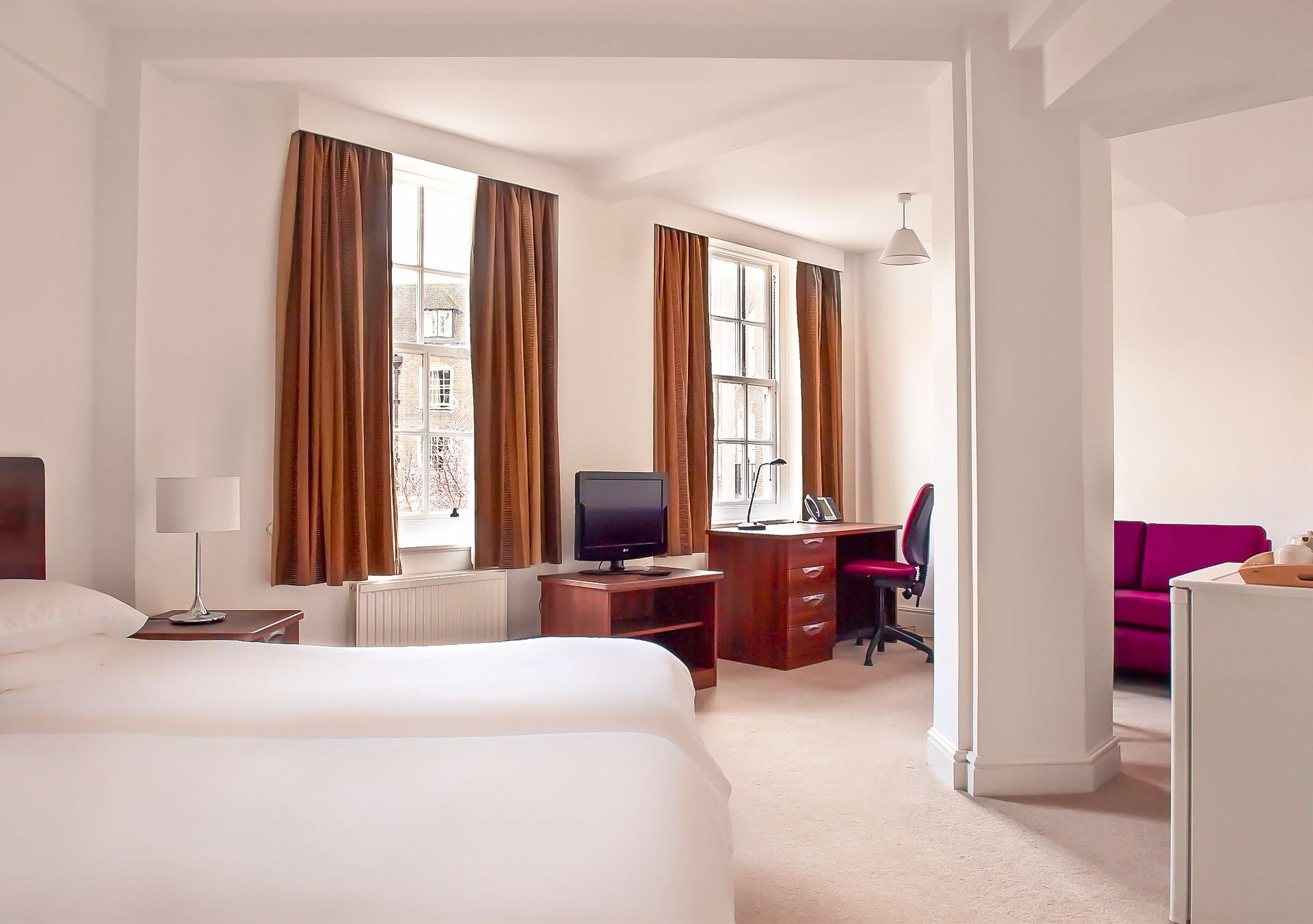An Introduction to Lancaster
Lancaster is the county town of Lancashire, England, situated on the River Lune.
Long existing as a commercial, cultural and educational centre, Lancaster is the settlement that gives Lancashire its name. Lancaster has several unique ties to the British monarchy; the House of Lancaster was a branch of the English royal family, whilst the Duchy of Lancaster holds large estates on behalf of Queen Elizabeth, who herself is also the Duke of Lancaster. Lancaster was granted city status in 1937 for its "long association with the crown" and because it was "the county town of the King's Duchy of Lancaster".
With its history based on its port and canal, Lancaster is an ancient settlement, dominated by Lancaster Castle. It is also home to the collegiate and campus-based Lancaster University.
Activities of interest in Lancaster
Lancaster is a city rich in industrial and cultural history which visitors can explore through its castle and museums.
Its pedestrianised city centre with independent boutique shops as well as high street stores are great for shoppers and there is a good array of coffee shops, cafes and restaurants for those who wish to sit and watch the city.
St George's Quay is home to the Maritime Museum where adults and children alike will enjoy exploring Lancaster's maritime history.
Lancaster has a good nightlife with live music, contemporary theatre and film, and delicious food and drink.
Getting to Lancaster:
By Road: Leave the M6 on Junctions 33-35.
By Rail: Lancaster is located on the West Coast Main Line which brings frequent Intercity Services from London Euston and Glasgow.
TransPennine Express also provide direct services from Manchester Airport and Edinburgh.
Regular services operate from Lancaster to the rest of the district. Visit National Rail Enquiries.
By Coach: National Express Coach Services and Stagecoach buses operate in and around the district.
By Air: The region’s main airport is Manchester International. There is also Blackpool International Airport nearby.
